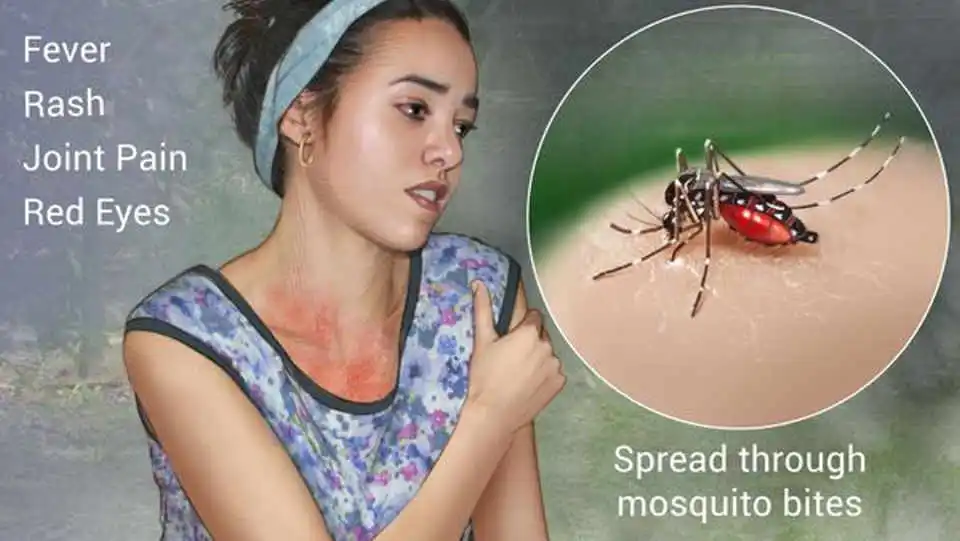In a concerning health update, the Costa Rican Ministry of Health has reported a dramatic increase in dengue fever cases within the first four months of the year. With over 7,500 cases recorded from January to April, the country is grappling with a significant rise in infections compared to the same period last year, which saw about 1,180 cases.
The Escalating Dengue Crisis
Dengue fever, a mosquito-borne tropical disease known for its flu-like symptoms, has seen its numbers swell by more than 6,300 cases year over year. The province of Alajuela is currently the hardest hit, with approximately 2,500 cases. It’s closely followed by San José and Puntarenas, with over 1,400 and approximately 1,300 cases, respectively. The other provinces, including Guanacaste, Limón, Cartago, and Heredia, are also seeing significant numbers, with hundreds of cases each.
Response and Prevention Measures
In response to the outbreak, the Costa Rican health authorities have intensified their efforts to combat the spread of the disease. The Vector Control Program has been particularly active, having fumigated close to 50,000 homes in the most affected areas. Despite these efforts, the virus continues to spread, albeit with no fatalities reported thus far.
Understanding Dengue Fever
Dengue fever manifests as a flu-like illness that can affect anyone but is particularly severe in infants, young children, and adults. Symptoms typically develop 3 to 14 days after an infected bite, with most cases becoming apparent within 4 to 7 days. While there are no specific treatments for dengue fever, early diagnosis and proper medical care are crucial and can often be life-saving, especially in severe cases, formerly known as hemorrhagic dengue.
The Aedes Mosquito: A Dengue Vector
The primary vector of the dengue virus is the female Aedes mosquito, which transmits four different types of the virus: DEN 1, DEN 2, DEN 3, and DEN 4. This diversity in virus types contributes to the complexity of controlling and preventing dengue, as immunity to one type does not guarantee immunity to the others.
The Ministry of Health continues to urge the public to take preventive measures against dengue, emphasizing the importance of community cooperation in eradicating potential mosquito breeding sites. Public awareness and proactive prevention are vital in curbing the spread of the disease.
As Costa Rica faces this escalating health challenge, the global community watches and learns, hoping that efforts to control the outbreak will soon yield positive results. In the meantime, residents and visitors to the affected areas are advised to remain vigilant and participate actively in prevention efforts to help ensure public health and safety.

